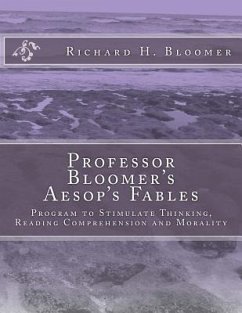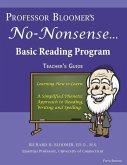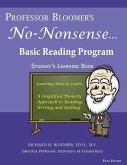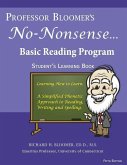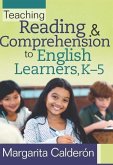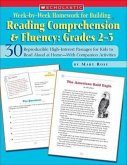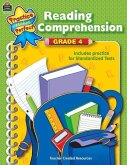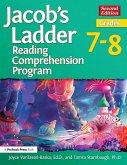Professor Bloomer's Aesop's fables are designed to: Improve reading comprehensionDevelop strong thinking skills, and study habitsExpand the student's ability to think about and apply what he or she has readIncrease test scores and school gradesRelate these fables to situations in real lifeReinforce moral preceptsExpand vocabularyFor centuries fables have been used to provide moral lessons, to teach the young the ways of a culture, and to transmit practical wisdom. In western culture, probably the best-known examples of this genre are the fables believed to have been written by an ancient Greek slave named Aesop. Aesop's fables encourage children to think before they act, to control impulsiveness, and to demonstrate helpfulness. They teach children to be wary of smooth talkers and other trickery. The fables also teach the value of hard work and creative thinking, and they promote self-reliance and the ability to make the best of adversity. What better subject matter to teach children to understand what they read?
Hinweis: Dieser Artikel kann nur an eine deutsche Lieferadresse ausgeliefert werden.
Hinweis: Dieser Artikel kann nur an eine deutsche Lieferadresse ausgeliefert werden.

